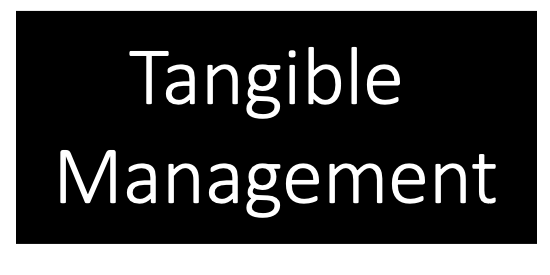
Let’s say there are four types of ‘mistake’ (but I may be mistaken):
- Creative — trying something new but lucked-out.
- Process — not following the rules for the execution of a task.
- Oops — stuff happens, even the best performers have bad days.
- Sabotage — what?
For behaviour that falls into the first category, creative encouragement may be needed to help the person get back on the horse. (‘Keep on trying Mr Edison, your ideas for making light from electricity may be useful one day.’) How many attempts people have, will be a judgement call arrived at in dialogue.
“Sometimes when you innovate, you make mistakes. It is best to admit them quickly, and get on with improving your other innovations.” Steve Jobs
The second category should be quickly correctable — to err is human, to err repeatedly is a poor career move.
The oops events are unfortunate: the person concerned probably feels less than enthused by the mistake themselves. People who usually perform well and make an honest mistake are more likely to need positive encouragement to reduce residual stress, than they are to need corrective coaching.
There is another category of mistake: that of sabotage — active and passive. It arises when people, individually or as a group, feel threatened and manifests itself often in attempts to undermine decisions that have been taken. Not all people fit into all organizations, and for the saboteur maybe it’s time to talk with HR about a career change or an early retirement plan.
Distinguishing between the four types can be useful. What sort of mistakes do you make?
That’s what I think…what do you think?
Also at:
amazon.com | amazon.co.uk | bol.com | blog
Let’s say there are four types of ‘mistake’ (but I may be mistaken): was originally published in On Being Agile on Medium, where people are continuing the conversation by highlighting and responding to this story.


